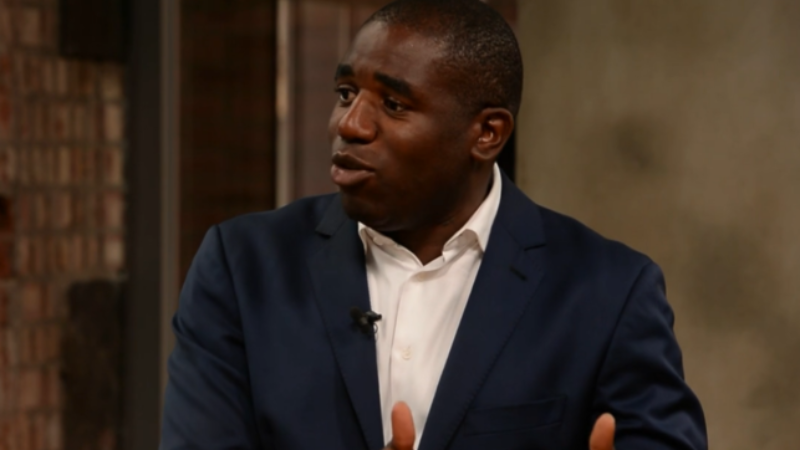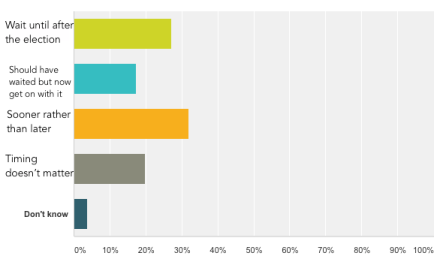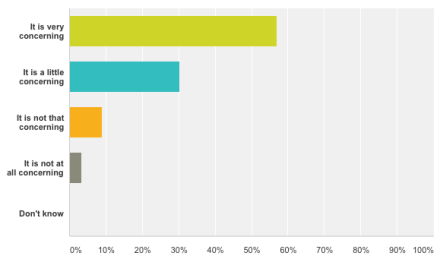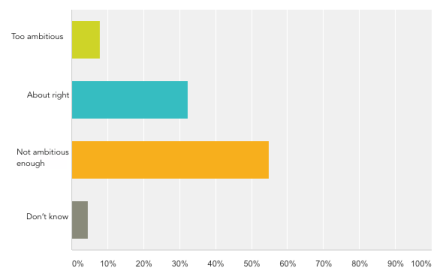
LabourList readers are split over when the best time is for London Mayor candidates to announce their intentions. David Lammy came in for some flak when he declared he would be standing last week, with many saying that it would be a distraction from the General Election campaign. All in all, 44% of readers would have preferred him to have kept quiet until after May next year.
27% believe that Lammy’s rivals for the Labour selection should hold off until the election is done with, while 17% think that while Lammy should have waited, now he has set the ball rolling others should follow suit.
The good news for Lammy is that 52% do not feel he made the wrong decision by declaring his interest so early: 32% would prefer all candidates to let their intentions be known sooner rather than later, while a further 20% do not believe that timing of the announcements matters. 4% said they did not know.

It would seem as though Lammy’s gamble paid off – he was certainly aware that there would be a significant number of Labour supporters unhappy with him for focussing on the London Mayoralty at this point, but this survey suggests that they are outweighed by people who either support his move, or won’t hold it against him.
I said it was probably important for David Lammy to get going earlier than other candidates as he was the one with most to prove. If he has been able to improve his profile without annoying too many supporters (and it seems his honesty appealed to more than it irritated), then he can consider the launch of his bid a success.
Maya Goodfellow recently wrote about the lack of working class representation in Parliament, and Richard Angell has slammed the prohibitive cost of being a candidate as being a core reason why many are put off standing.
We asked how concerning, if at all, our readers found it that the number of former manual workers was decreasing – and the results were fairly clear:
57% of people said that they were very concerned, while a further 30% were slightly concerned. 9% said they were not that concerned, while 3% said they were not concerned at all.
For the purposes of this survey, we chose to look at the level of ex-manual workers, rather than “working class MPs”, on the basis that it is a more easily measurable number – and one that we can see has decreased since the late 1970s.
There is a much wider debate to be had about the number of working class people entering Parliament; and how we define working class. If you want to get involved in this debate, LabourList are hosting an event at conference called ‘What is a working class MP and how do we get more of them?’ You can find out more about it here.
Ed Miliband has pledged that if he becomes Prime Minister, Labour will build a million new homes by 2020. While this is a widely popular policy (only yesterday, Emma Burnell took to LabourList to send out a rallying cry for more houses to be built), we wanted to know whether it was realistic: while the Tories housebuilding scheme is over budget and behind schedule, there have been reports over the summer that the scope of Labour’s housing reforms could be stymied by spending restraints.
LabourList readers are more concerned, however, that these housebuilding proposals do not go far enough: 55% think that the plans to build 200,000 homes a year is not ambitious enough to deal with the housing crisis.
32% think that the proposals are about right, while only 8% feel that we may not be able to deliver because of the scale of the plans.
If you want to find out how Labour can build the homes Britain needs, come to our event on the topic at Labour Party conference: find out more here.
451 people took part in this week’s survey. Thankyou to everyone that voted.






More from LabourList
‘Labour is being badly misled on housing’
Reeves bets on patience over populism
‘Energy efficiency changes must work for older private renters’